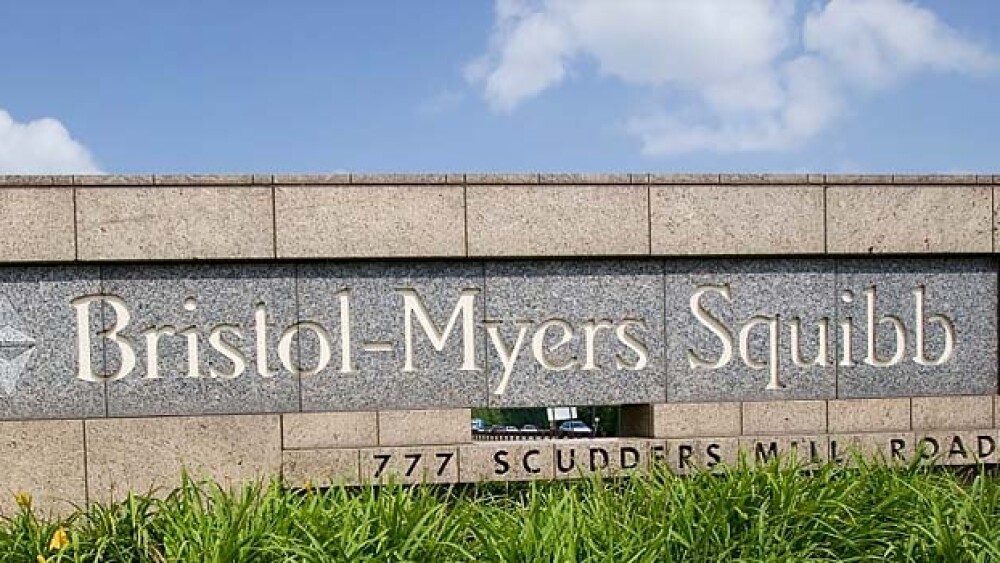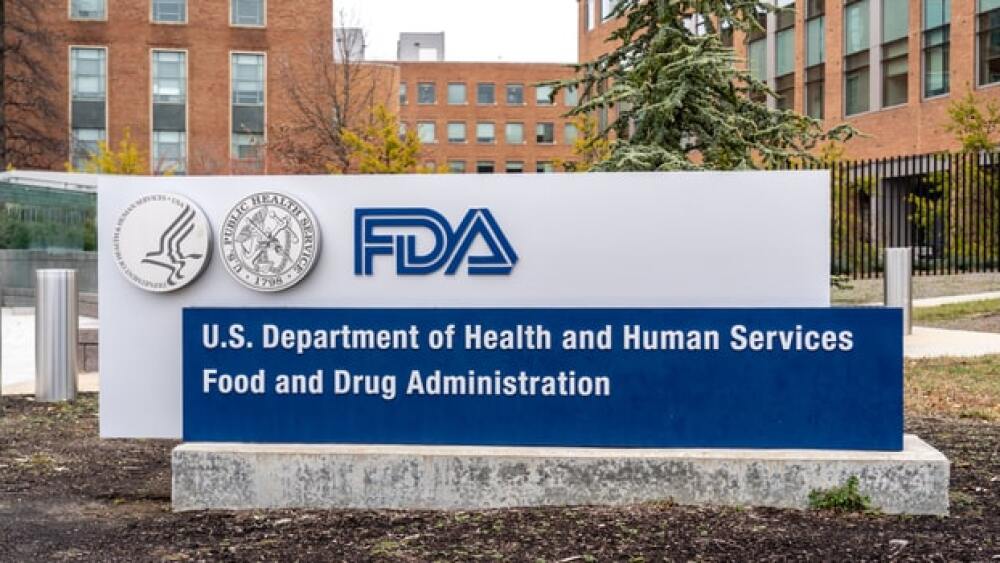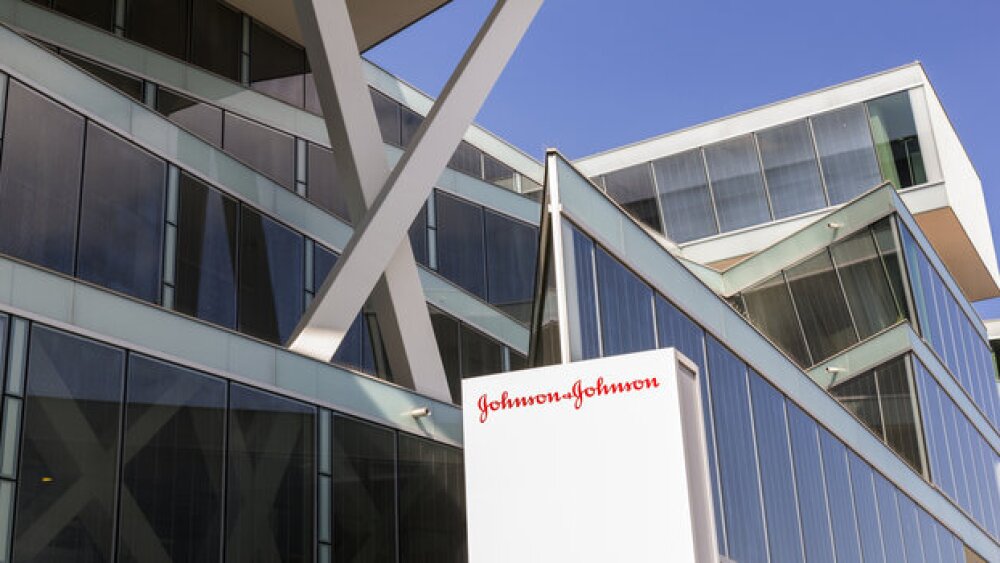Rumors of Nektar Therapeutics being up for sale may have been premature.
Rumors of Nektar Therapeutics being up for sale may have been premature. This morning the Bay Area-based company forged a new collaboration with pharma giant Bristol-Myers Squibb to develop and commercialize Nektar’s lead immuno-oncology program, NKTR-214.
The multi-billion dollar deal provides Nektar with a massive infusion of cash. BMS will make an upfront cash payment $1.85 billion that will include the acquisition of more than 8 million shares of common stock. Additionally, Nektar will be eligible to receive an additional $1.78 billion in milestone payments for a total of more than $3.6 billion. While the deal provides Nektar with a lot of funding, investors aren’t all that happy this morning. Shares of Nektar are down more than 4 percent in pre-market trading to $72.25.
The two companies will combine NKTR-214 with BMS’ Opdivo and Yervoy to target nine tumor types in more than 20 indications. BMS will have exclusive rights to those indications that include melanoma, renal cell carcinoma, non-small cell lung cancer, bladder and triple negative breast cancer. Pivotal studies in renal cell carcinoma and melanoma are expected to be initiated in mid-2018. The companies will also explore other potential combinations with anti-cancer agents from their pipelines or possibly outsourced from a third party. BMS will take on the lion’s share of development costs with 78 percent allocated to Bristol-Myers Squibb and 22 percent allocated to Nektar.
Today’s deal expands on a smaller collaboration the two companies forged in 2016. Two years ago, the companies began to explore the combination of NKTR-214 with Opdivo in five tumor types and seven potential indications. Currently a Phase I/II trial is ongoing with patients who have melanoma, kidney, non-small cell lung cancer, bladder, and triple-negative breast cancers. In November, Interim data was released that shows important response rates across all three tumor types—melanoma, renal cell carcinoma and non-small lung cancer—in both PD-L1 positive and PD-L1 negative patients, said Mary Tagliaferri, Nektar’s senior vice president of Clinical Development, in a statement.
BMS Chief Executive Officer Giovanni Carforio praised the possibilities of combining NKTR-214, a CD122-biased agonist, with his company’s immuno-oncology products. Nektar’s experimental drug is designed to expand cancer-fighting T cells and natural killer (NK) cells in the tumor environment. NKTR-214 is also designed to increase PD-1 expression on the immune cells, which should provide a boost to the capabilities of Opdivo, a PD-1 immune checkpoint inhibitor.
“Bristol-Myers Squibb has established Opdivo plus Yervoy as the only approved immunotherapy combination for cancer patients and built a robust oncology pipeline. With this commitment to the development of NKTR-214, an investigational therapy designed with a unique approach to harnessing the full potential of the interleukin-2 pathway, we now have a third validated I-O mechanism that has demonstrated a clinical benefit in patients, and holds significant potential to expand the benefits that these immuno-oncology agents can bring to patients with cancer,” Carforio said in a statement.
Nektar CEO Howard Robin said the deal with BMS will enable the company to establish NKTR-214 as a “backbone immunotherapy” in the treatment of cancer. He said NKTR-214’s ability to grow tumor infiltrating lymphocytes (TILs) in vivo and replenish the immune system is “critically important as many patients battling cancer lack sufficient TIL populations to benefit from approved checkpoint inhibitor therapies.”
“This strategic collaboration allows us to very quickly develop NKTR-214 with the leading approved PD-1 immune checkpoint inhibitor in numerous registrational trials. We look forward to our continued relationship with Bristol-Myers Squibb as we work together to advance cancer treatment for patients around the world,” Robin said in a statement.
The BMS deal is a welcome one for Nektar, which has had a rough few months. In the summer, the European Medicines Agency rejected the marketing authorization for its first-line breast cancer treatment, Onzeald. Then in December, development partner Daiichi Sankyo terminated its deal with Nektar after Onzeald’s failure.





